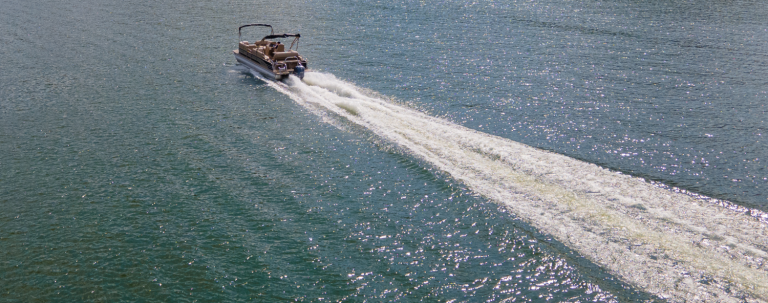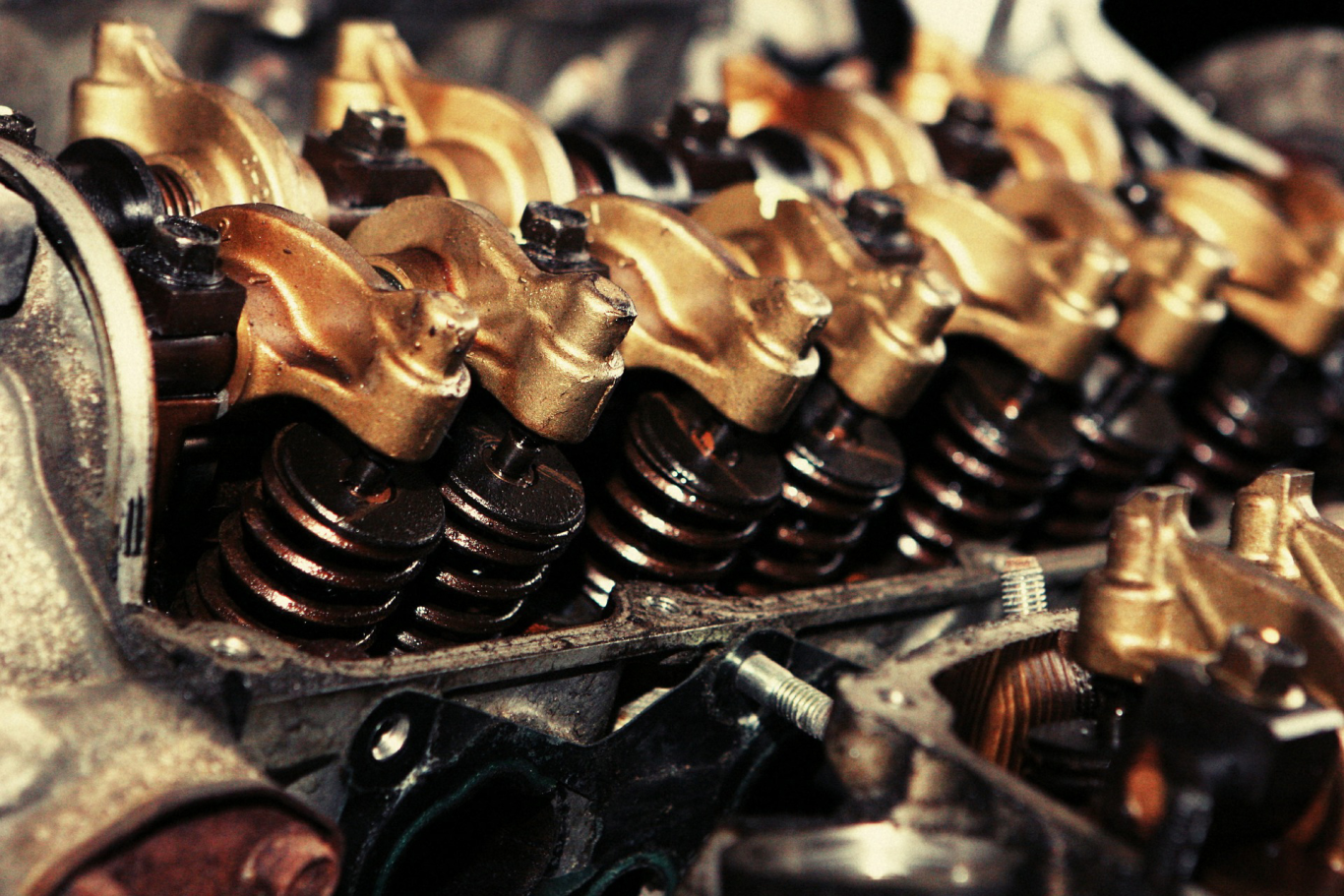Remote Trolling
Engine Replacement
New & Used Outboard Motors

Call 801-712-2132
New & Used Outboard Motor
When considering a used outboard motor, it's crucial to inspect it thoroughly, review maintenance records, and potentially have it serviced by a professional mechanic. Factors like age, hours of use, and overall condition will significantly impact its reliability and remaining lifespan.
Ultimately, the decision between a new or used outboard motor depends on your budget, intended usage, and personal preferences regarding reliability, performance, and resale value. Certainly! Here's a succinct comparison of the benefits of getting a new or used outboard motor:
**New Outboard Motor:**
1. **Warranty:** Typically comes with a manufacturer's warranty, providing coverage for repairs and replacements, offering peace of mind.
2. **Reliability:** Less prone to mechanical problems, featuring the latest technology, improved fuel efficiency, and enhanced performance.
3. **Longevity:** With proper maintenance, can last for many years, providing consistent performance and reliability.
4. **Customization:** Offers options to choose specific features to suit boating needs and preferences.
**Used Outboard Motor:**
1. **Cost Savings:** Generally more affordable upfront, making them attractive for those on a budget or seeking savings.
2. **Value Retention:** May retain value better over time if well-maintained, compared to new motors that depreciate quickly.
4. **Proven Performance:** Many used motors have a track record of performance and reliability, with reviews available from previous owners.
Ultimately, the choice between new and used depends on individual priorities, budget, and preferences.
Remote Trolling
Remote trolling on a boat can be a convenient and efficient way to control your vessel's speed and direction while fishing.
Here are some key points about remote trolling:
1. Remote Trolling Systems: These systems typically consist of a remote control unit, a receiver unit installed on the boat, and a motorized trolling motor.
2. Wireless Control: The remote control unit communicates wirelessly with the receiver on the boat, allowing you to control the trolling motor's speed, steering, and sometimes even anchoring/positioning from anywhere on the boat.
3. Range and Interference: Most remote trolling systems have a range of around 100-150 feet, but this can vary depending on the brand and obstacles/interference. Obstructions like other boats or structures can affect the signal strength.
4. Battery Life: Both the remote control and the trolling motor run on rechargeable batteries. Proper battery maintenance and charging are crucial for uninterrupted operation.

Remote trolling can be particularly useful for anglers who need to move around the boat frequently or those fishing from smaller vessels where space is limited. It allows for precise speed and steering control without having to constantly adjust the trolling motor manually.
5. Foot Control Option: Some systems offer a foot control pedal in addition to the remote, allowing for hands-free operation when necessary.
6. GPS Integration: Advanced remote trolling systems can integrate with GPS for precise positioning and anchor lock features, which can hold the boat in a specific spot using the trolling motor.
7. Mounting Options: The receiver unit and trolling motor can be mounted on various locations on the boat, depending on the model and your preferences.
8. Safety Features: Look for systems with safety features like automatic shut-off when the remote is out of range or when the trolling motor encounters excessive resistance.
Engine Replacement
2 year warranty
Replacing a boat engine can offer several benefits, depending on the condition of the current engine and your boating needs:
2yr Limited Warrenty
Improved Performance: Newer boat engines often come with advancements in technology, such as increased horsepower, improved fuel efficiency, and smoother operation. These improvements can enhance your boating experience, providing better acceleration, higher top speeds, and more responsive handling.
Reliability: As engines age, they may become more prone to breakdowns and mechanical issues. Replacing an older engine with a new one can provide greater reliability and peace of mind, especially if you frequently use your boat for long trips or in remote locations where repairs may be difficult to perform.
Lower Maintenance Costs: Older engines may require more frequent maintenance and repairs, leading to higher long-term costs. A new engine typically comes with a warranty and requires less maintenance initially, reducing the likelihood of unexpected expenses.
Environmental Benefits: Newer boat engines are often designed to meet stricter emissions standards, resulting in reduced pollution and environmental impact. Upgrading to a more fuel-efficient engine can also help conserve fuel and reduce your carbon footprint.
Safety: A reliable engine is essential for safe boating. By replacing an aging or unreliable engine, you can reduce the risk of breakdowns and accidents while on the water.
Increased Resale Value: Installing a new engine can enhance the resale value of your boat, making it more attractive to potential buyers. A well-maintained boat with a newer engine is likely to fetch a higher price on the market compared to one with an older or problematic engine.
Overall, replacing a boat engine can be a worthwhile investment, providing improved performance, reliability, and peace of mind for both recreational and commercial boaters. However, it's essential to consider factors such as the cost of the new engine, installation expenses, and compatibility with your boat before making a decision.


©Copyright. All rights reserved.
We need your consent to load the translations
We use a third-party service to translate the website content that may collect data about your activity. Please review the details in the privacy policy and accept the service to view the translations.
